A new movement to restore Clean Water Act protections
We love clean water. Clean water is vital to our families, our communities, and our way of life in the South. Today, we celebrate 51 years of the Clean Water Act, passed by Congress in a bipartisan effort to protect clean water.
In keeping with that same goal, a new Clean Water Act of 2023 introduced today in Congress seeks to restore protections after the U.S. Supreme Court drastically reduced safeguards for many of our waters in the Sackett v. EPA case, leaving them open to pollution and destruction.
The Supreme Court’s Sackett decision lost sight of Congress’s objective in passing the Clean Water Act: maintaining the integrity of our nation’s critical water resources.
Mark Sabath, Senior Attorney
Although states could take steps to fill the gap left by the Supreme Court, some state legislatures have taken the opposite approach — limiting state authority to protect wetlands in the same way the Supreme Court limited the federal government’s authority. The North Carolina legislature, for example, has endangered North Carolina’s communities, water quality, and fisheries by gutting state wetlands protections.
The new congressional bill would reaffirm Congress’s commitment to the objective of the original, bipartisan Clean Water Act by reinstating protections for waters and wetlands that the Sackett decision removed. The bill would maintain existing Clean Water Act permitting exemptions, including those for farming activities, and require federal agencies to use science-based evidence to ensure that these exemptions do not negatively impact water quality or disproportionately affect communities of color and lower-income areas.
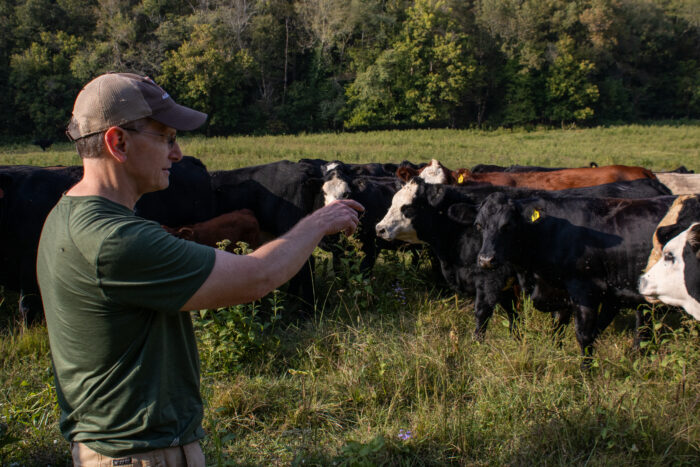
Across the South, we know how valuable it is to protect our water resources — from the lakes we fish, to the wetlands that absorb floodwaters, to the rivers that provide us with drinking water. We know our farmers need clean water to grow the crops and tend the livestock that sustain us. As a letter from farmers in support of the Clean Water Act of 2023 states, “To feed America, we farmers need clean water. Our crops and livestock are only as healthy as the water we use on our farms.” A recent visit to SELC Senior Attorney George Nolan’s family farm in Tennessee brings this vital relationship home.
Protecting clean water is essential to safeguard our families and communities against the threats of flooding and industrial pollution. Together, people across our region are calling for a return to strong federal protections that reflect the value clean water plays in all our lives. Hear from more of those people below.
Kevin Colburn
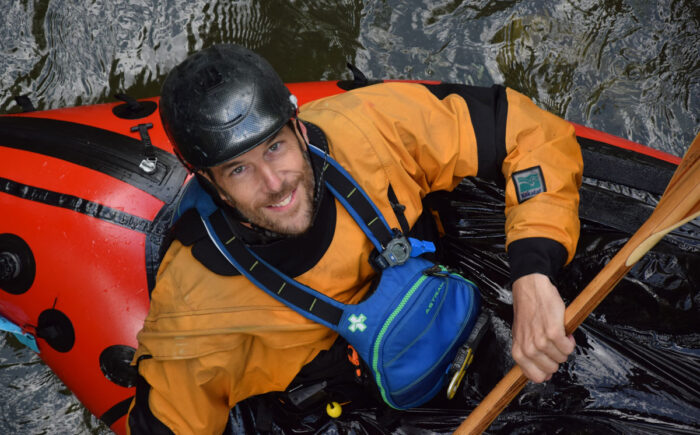
National Stewardship Director at American Whitewater
Asheville, N.C.
“I often joke that I can’t keep my kid out of the river or the river out of my kid and I shouldn’t have to worry about either. Our rivers can and should be safe and getting safer. That’s the whole point of the Clean Water Act. People are starting businesses and building lives around these rivers. Strong federal clean water protections under the Clean Water Act are key to protecting those businesses and those livelihoods. But of course, just as important as rivers where you can paddle are our upstream tributaries, wetlands, and other important waters. And what the past 50 years since the passage of the Clean Water Act has proven is that we can have both clean water and a healthy economy.”
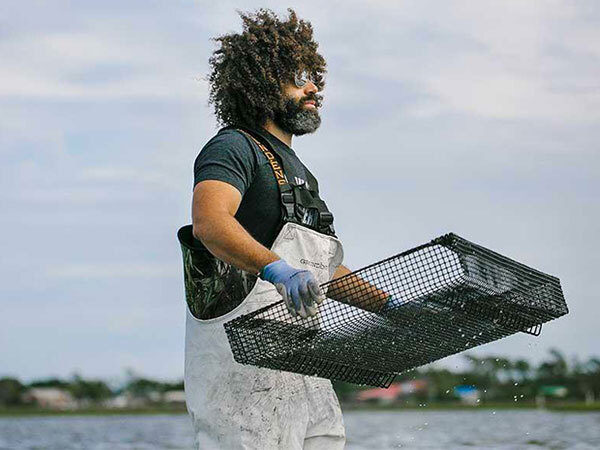
Ryan Bethea
Founder, Oysters Carolina
Harker’s Island, N.C.
“Clean water is at the heart of what we do at Oysters Carolina. On the coast, we’re downstream of everyone else, so strong laws to protect upstream waters and wetlands are key.”
We preserve our cleanest waters and rescue our most polluted.
Tricia Kilgore
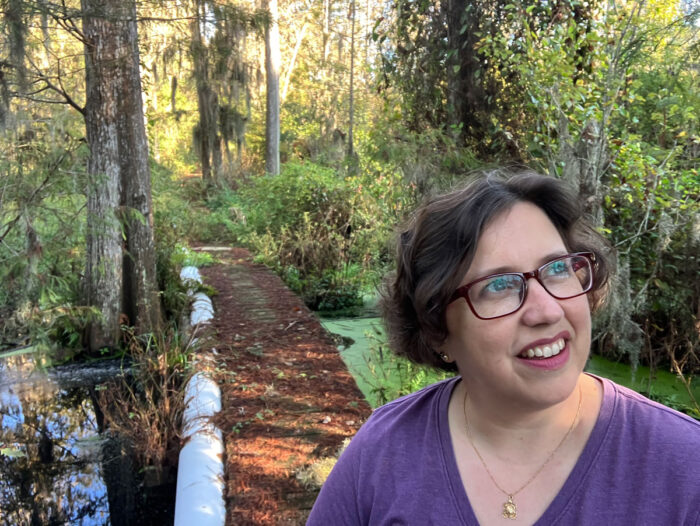
P.E. and Director of Technology & Innovation for the Beaufort-Jasper Water & Sewer Authority
Okatie, S.C.
“As a utility, we have a relationship of reliance and protection with our area rivers, wetlands, and marshes. We depend on the Savannah River as our drinking water source. The natural treatment capacity of wetlands helps with source water protection, and wetlands provide natural protection from flooding. In turn, we protect our area’s distinctive rivers, wetlands, marshes, and oyster beds with our clean water infrastructure and treatment processes.”
Doug Harper
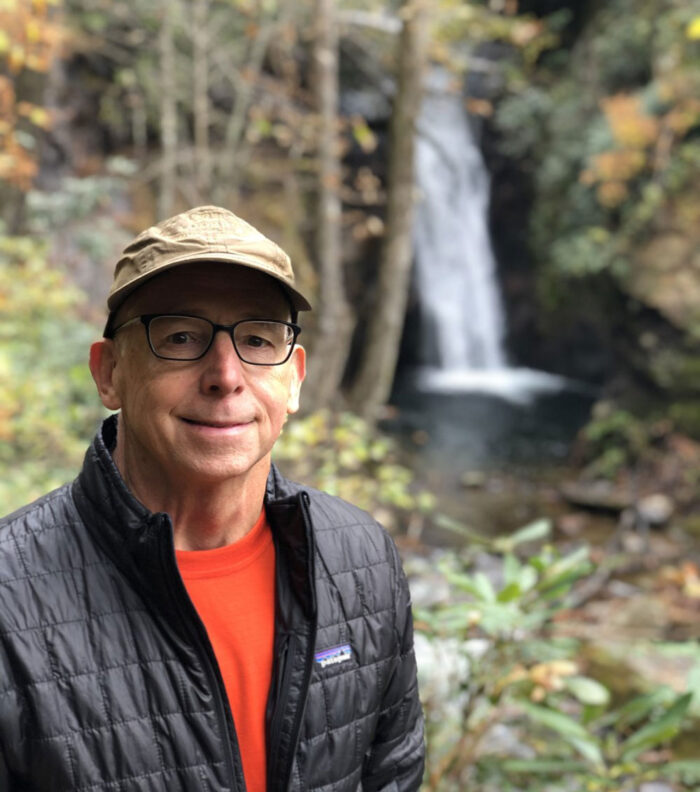
Chairman of Harper General Contractors
Greenville, S.C.
“Our entire economic structures are based on our water resources from agribusiness to tourism and outdoor activities to manufacturing and more. Everything depends on access to abundant clean water. All our water bodies large, small, isolated, or ephemeral are interconnected and vibrant. I believe that growth and economic development are not mutually exclusive from a healthy environment – they’re mutually supportive.”
